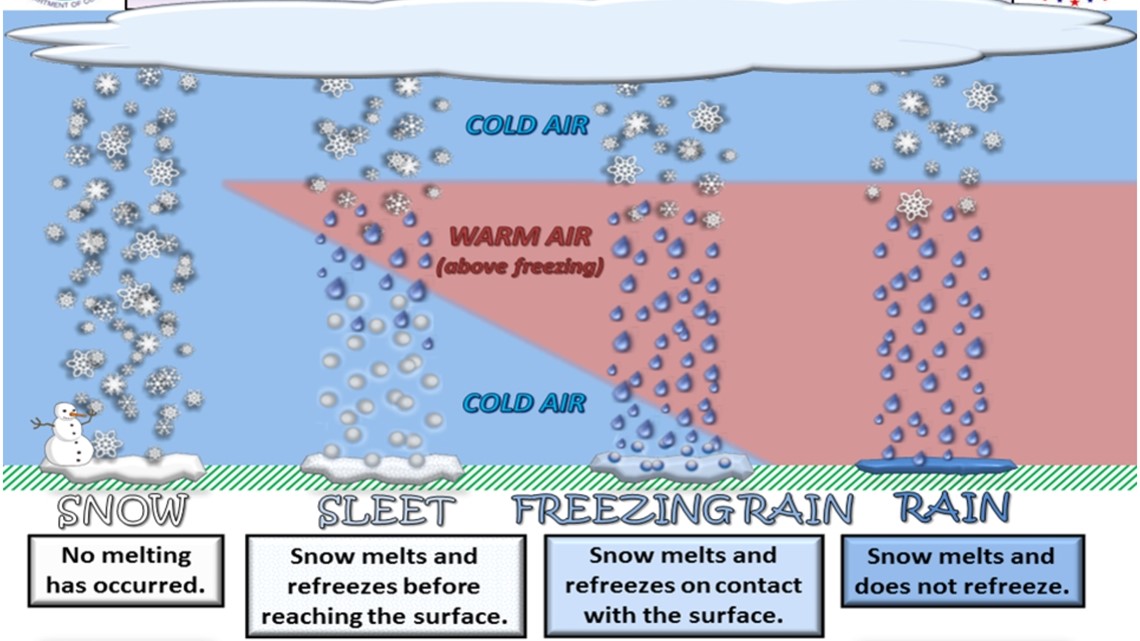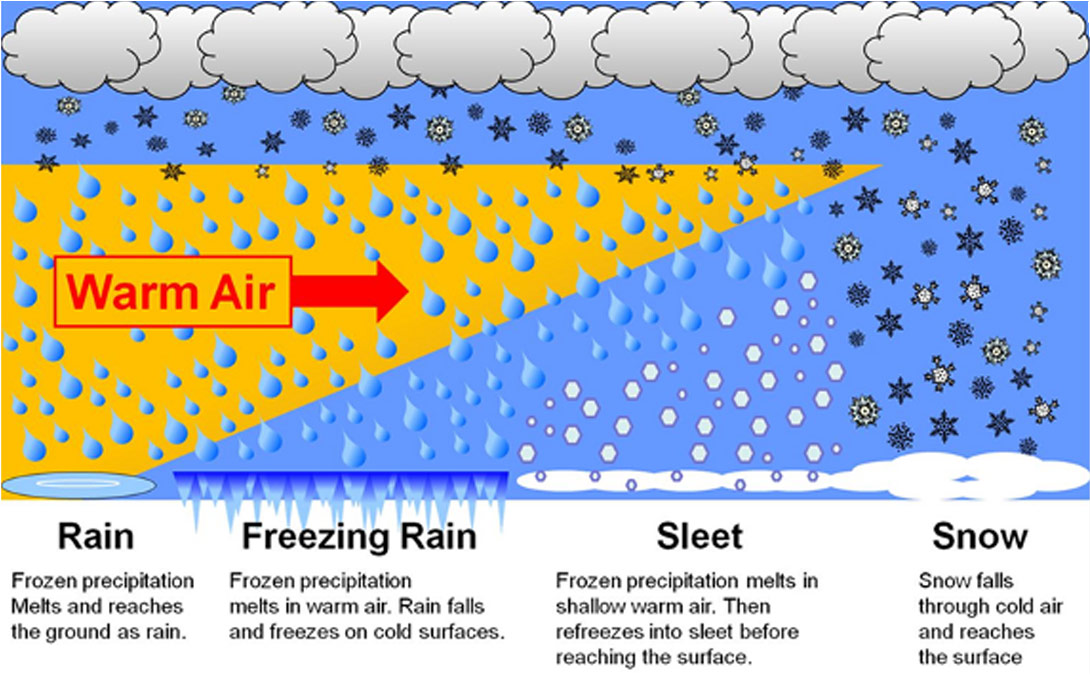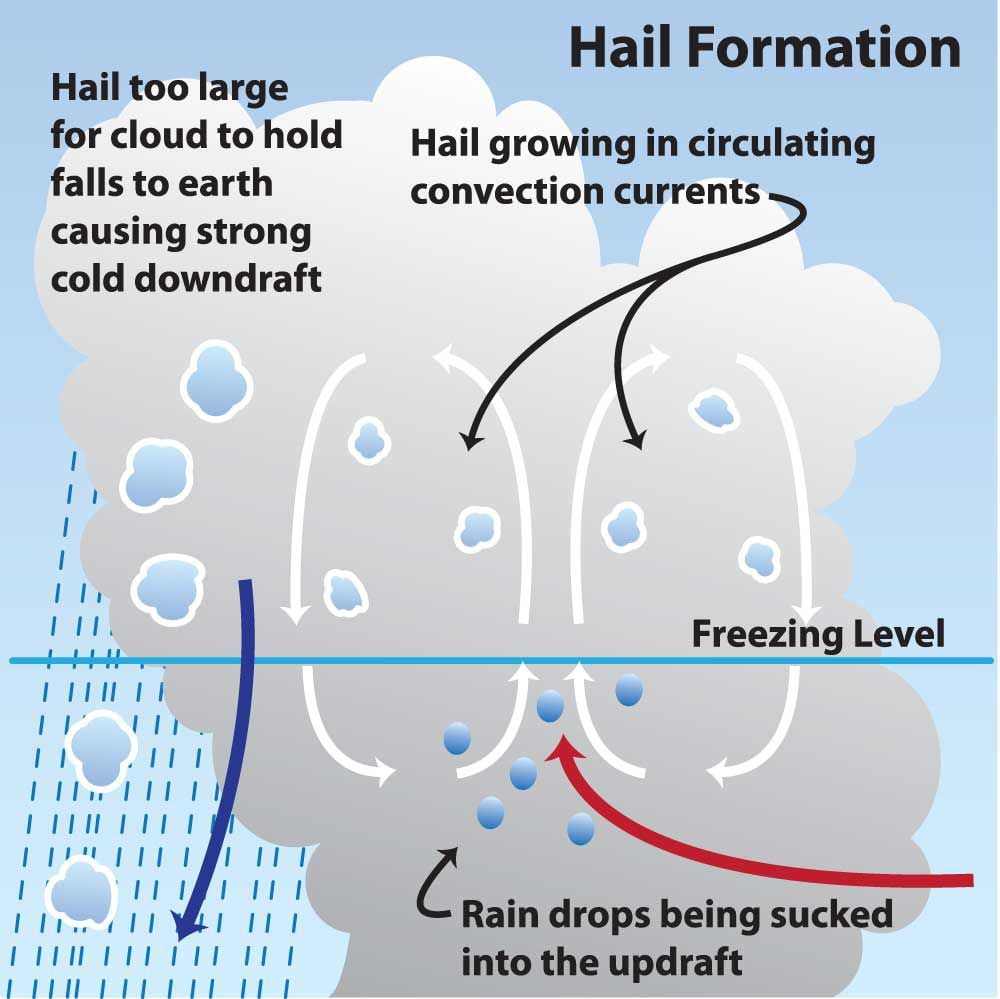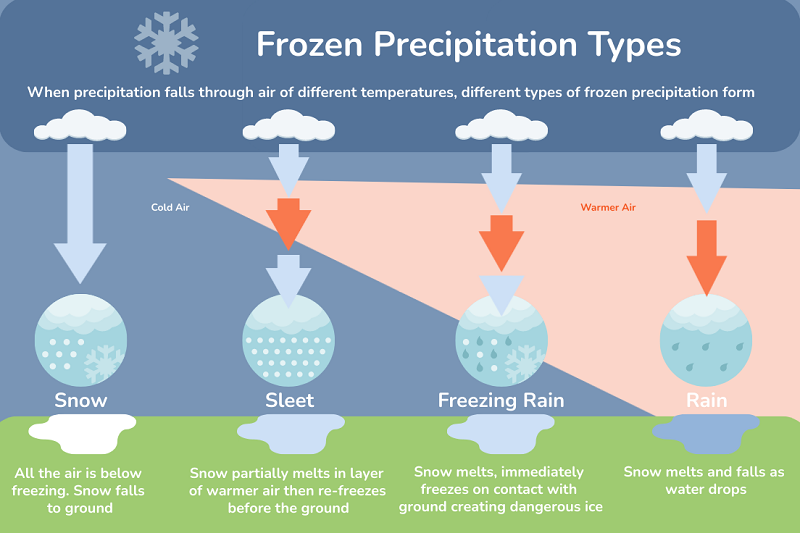Rain Sleet And Hail Are All Forms Of
Rain Sleet And Hail Are All Forms Of - Sleet forms when raindrops fall through a layer of freezing air near the ground, causing them to solidify into ice pellets before. Sleet and hail are similar forms of precipitation. However, hail is generally associated with thunderstorms or summer weather.
Sleet forms when raindrops fall through a layer of freezing air near the ground, causing them to solidify into ice pellets before. Sleet and hail are similar forms of precipitation. However, hail is generally associated with thunderstorms or summer weather.
Sleet forms when raindrops fall through a layer of freezing air near the ground, causing them to solidify into ice pellets before. Sleet and hail are similar forms of precipitation. However, hail is generally associated with thunderstorms or summer weather.
rain, sleet and hail in southern california with a chance of snow after
However, hail is generally associated with thunderstorms or summer weather. Sleet forms when raindrops fall through a layer of freezing air near the ground, causing them to solidify into ice pellets before. Sleet and hail are similar forms of precipitation.
What is an ice storm? Sleet vs. freezing rain? Weather explained
Sleet and hail are similar forms of precipitation. However, hail is generally associated with thunderstorms or summer weather. Sleet forms when raindrops fall through a layer of freezing air near the ground, causing them to solidify into ice pellets before.
What Is the Difference Between Hail and Sleet?
Sleet forms when raindrops fall through a layer of freezing air near the ground, causing them to solidify into ice pellets before. Sleet and hail are similar forms of precipitation. However, hail is generally associated with thunderstorms or summer weather.
Rain Snow Sleet and Hail Are All Forms of
However, hail is generally associated with thunderstorms or summer weather. Sleet forms when raindrops fall through a layer of freezing air near the ground, causing them to solidify into ice pellets before. Sleet and hail are similar forms of precipitation.
freezing rain meaning Enthusiastic News Pedia
However, hail is generally associated with thunderstorms or summer weather. Sleet forms when raindrops fall through a layer of freezing air near the ground, causing them to solidify into ice pellets before. Sleet and hail are similar forms of precipitation.
Rain, sleet, snow... what's the difference?
Sleet forms when raindrops fall through a layer of freezing air near the ground, causing them to solidify into ice pellets before. However, hail is generally associated with thunderstorms or summer weather. Sleet and hail are similar forms of precipitation.
What is Sleet? Understanding its Hidden Dangers AcuRite
Sleet forms when raindrops fall through a layer of freezing air near the ground, causing them to solidify into ice pellets before. However, hail is generally associated with thunderstorms or summer weather. Sleet and hail are similar forms of precipitation.
Is it hail? Is it sleet? No, it’s graupel falling from the sky
Sleet and hail are similar forms of precipitation. However, hail is generally associated with thunderstorms or summer weather. Sleet forms when raindrops fall through a layer of freezing air near the ground, causing them to solidify into ice pellets before.
Types Of Precipitation For Kids
However, hail is generally associated with thunderstorms or summer weather. Sleet and hail are similar forms of precipitation. Sleet forms when raindrops fall through a layer of freezing air near the ground, causing them to solidify into ice pellets before.
What is the difference between rain, sleet, snow and ice precipitation
Sleet and hail are similar forms of precipitation. However, hail is generally associated with thunderstorms or summer weather. Sleet forms when raindrops fall through a layer of freezing air near the ground, causing them to solidify into ice pellets before.
Sleet Forms When Raindrops Fall Through A Layer Of Freezing Air Near The Ground, Causing Them To Solidify Into Ice Pellets Before.
However, hail is generally associated with thunderstorms or summer weather. Sleet and hail are similar forms of precipitation.


:max_bytes(150000):strip_icc()/__opt__aboutcom__coeus__resources__content_migration__mnn__images__2013__11__HailstonesHandful-5710c96ab7b24a028b150005898c0911.jpg)






